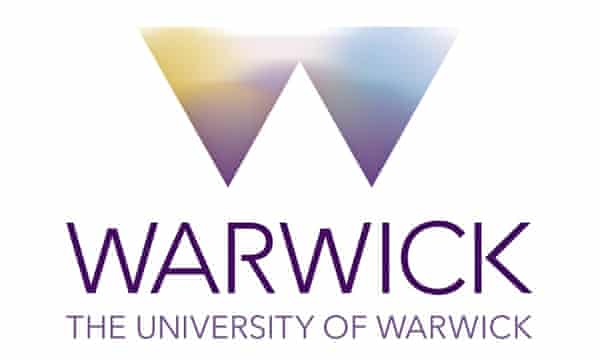University of Warwick: Recruitment for 30 new PhD pandemic research scholarships opens today at University of Warwick thanks to over £3 million in donations.
The search for 30 people to take up new PhD pandemic research scholarships begins today (Friday 19th March 2021) thanks to philanthropists donating to the University of Warwick’s newly created Institute for Global Pandemic Planning. The 30 new doctoral students will research the best ways for global leaders to respond to pandemics and more details on how to apply are available here: https://warwick.ac.uk/fac/cross_fac/igpp/applicationform
The 30 research scholarships have been made possible by generous gifts from University of Warwick alumni and donors who have given over £3 million to support pandemic research and students affected by the impact of Covid-19 in the past six months. Mr Clive Gillmore and Mr Keith Skeoch are the principal donors behind the PhD scholarships. Clive Gillmore, founder and Group CEO of Mondrian Investment Partners, has given £1.5 million to support the scholarships. His gift follows a £3 million donation made in 2019 to establish The Gillmore Centre for Financial Technology at Warwick. The new scholarships will be known as the Clive Gillmore PhD Scholarships. Keith Skeoch, who stepped down as CEO of Standard Life Aberdeen in September 2020 and is currently interim Chair of the Financial Reporting Council, has established the N.K. Skeoch PhD Scholarships.
Professor Stuart Croft, Vice-Chancellor of the University of Warwick, said:
“We’re incredibly grateful to Clive, Keith and indeed all donors who’ve supported these important scholarships. Warwick is unique in that our researchers are already collaborating across different disciplines on pandemic planning and response. This philanthropy will allow us to develop global partnerships and expand the reach of this crucial research.”
The Institute for Global Pandemic Planning will enable Warwick to combine world-class expertise in Mathematical Epidemiology, Global Public Health, and Behavioural Economics to develop comprehensive solutions for global leaders struggling to respond to the health, social, economic and psychological impacts of pandemics.
Through the Institute, an interdisciplinary response group of Warwick’s experts will be rapidly mobilised to advise governments and establish a robust pipeline of doctoral students to expand worldwide scientific leadership on managing pandemics.
Mathematical epidemiologist Dr Mike Tildesley is among the academics who will be supervising the new PhD scholars. He continues to be extensively interviewed and cited across a great many national and international media outlets including the BBC, Sky and CNN throughout the COVID-19 pandemic and he is a member of the SPI-M group, the epidemiological modelling arm of the government’s influential SAGE committee.
Dr Tildesley is currently involved in modelling various exit strategies to inform government thinking, including the workplace model, along with the regular review of the R-rate and providing evidence for the impact of lockdowns. He said:
“The scholars will be part of a new network of international PhD students who will act as ambassadors for our scientific approach and feed key learnings back into their respective countries,”.
Mr Gillmore, who studied Management Sciences at WBS from 1979 to 1982, said:
‘’The fight against the global pandemic over the last 12 months, and the multi-various stands of disruption caused to the lives of so many across the full age spectrum of society, has highlighted the need for joined up thinking. Knee jerk reactions and a partial, siloed, view of problems has been shown to simply not work. Warwick has world class capabilities in many of the academic disciplines that really matter; Mathematics, economics, operational research, behavioural science and public health to name but a few. Warwick’s interdisciplinary, collegiate research environment was one of the motivators for me establishing the Fintech centre and in supporting the new Institute for Global Pandemic Planning. The same strengths are as much, if not more important to my support for the IGPP.’’
Mr Skeoch, who studied for a Masters in Economics at Warwick from 1978-79, said:
“The experience of Covid-19 demonstrates that governments everywhere need access to interdisciplinary expertise. I’m delighted to help the Institute expedite its aim of developing a cohort of international experts to support global governments and organisations in the event of future outbreaks.”

